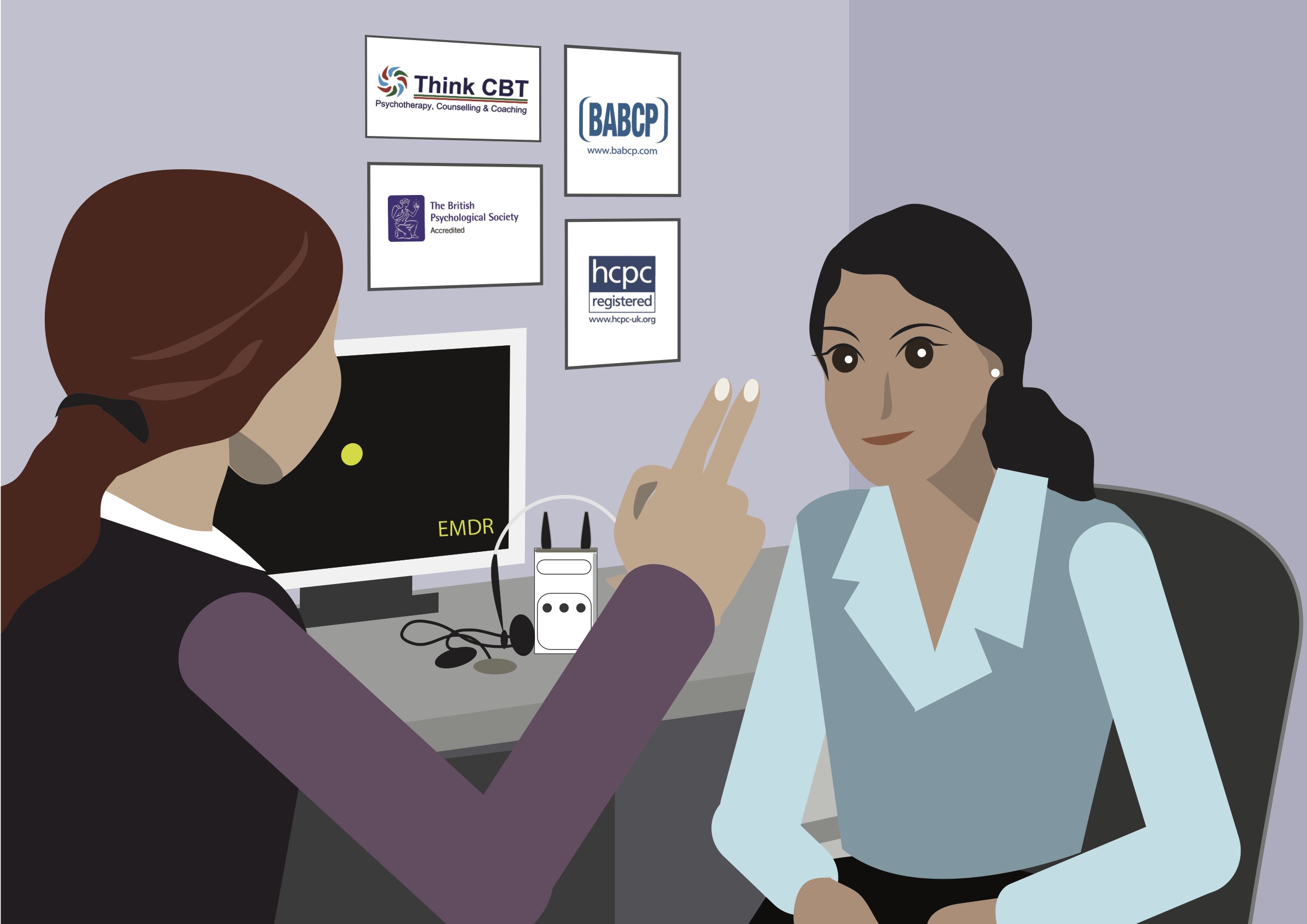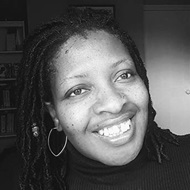Cognitive Behavioural Therapy – CBT for Sensorimotor OCD in London and UK-wide via video-link
We provide Cognitive Behavioural Therapy for Sensorimotor OCD from our offices in London as well as from over 100 plus locations across the UK. We can also deliver Sensorimotor OCD treatment online via video-link. If you want to talk to a CBT specialist about Sensorimotor OCD, call +44 1732 808626 or email info@thinkcbt.com to organise an initial informal call with a member of our CBT team.
Therapist Credentials

Our CBT therapists are professionally qualified in Cognitive Behavioural Therapy and other evidence-based psychological approaches including EMDR, Clinical Psychology, ACT, DBT and CFT. All of our CBT therapists hold full accreditation with the British Association of Behavioural and Cognitive Psychotherapy (BABCP).
What is Sensorimotor OCD?
Sensorimotor OCD is a subtype of Obsessive-Compulsive Disorder focused on bodily feelings, posture, sensations, physical functions and the internal sounds of thinking itself. This involves a preoccupation with the internal feeling or bodily function, worry and self-doubt about escaping the feeling and compulsions to prevent, avoid or distract one’s self from the problem.
Common body-focused obsessions include:
- Heartbeat and pulse.
- Breathing sensations and effort.
- Blinking.
- The mechanism of eye contact.
- Swallowing.
- Bladder or bowel pressure.
- Skin tingling, itching or high sensitivity.
- Position of limbs and body posture.
- Joints popping or creaking in movement.
- How the hair falls, touches or contacts forehead or neck.
- Visual floaters or the nose in the field of vision.
- Sensitivity to the internal sound or mechanism of thinking.
Hyperawareness of internal thoughts also known as cognitive hyperawareness, involves an internal sensitivity to the sounds, rhythm and structure of thoughts and thinking.
Cognitive hyperawareness is not the same as obsessional thinking. Whilst obsessional thinking is a common aspect of many forms of OCD, cognitive hyperawareness involves a sensitivity to the perceived “sounds” of the internal thoughts and ruminations themselves.
How sensorimotor OCD is maintained
Sensorimotor OCD is maintained by three psychological processes. These include:
- Cognitive Avoidance / Suppression - trying to not notice or push the sensation out of awareness. This creates a rebound effect and directs attention to the sensation that the individual is attempting to avoid.
- Overthinking - continuously thinking about and attempting to figure out the problem. This increases worry, rumination and meta-obsessions, where the individual worries about the worry itself.
- Checking / Monitoring – physically or mentally monitoring and checking the sensations, seeking reassurance and over-researching the problem. This directs attention and increases awareness of the unwanted feelings and sensations.
Like all forms of OCD, sensorimotor OCD involves obsessional and compulsive processes:
The Obsessional Process
Whether the sensitivity is focused on a bodily sensation, physical function or internal thinking process, this leads to a level of obsessional worry, rumination and self-doubt about feeling trapped in a never-ending cycle of unwanted internal attention. Anxiety about never escaping the problem compounds the level of sensitivity and can lead to overwhelming feelings of distress and hopelessness.
The Compulsive Process
The automatic compulsive response is an attempt to control or avoid the problem. This can include physical and mental checking to see if the sensation feels normal, repeating the process a certain number of times or in a ritualistic way before stopping, attempting to compare the feeling with earlier examples, distracting, avoiding and seeking reassurance.
This fixation with stopping the problem paradoxically increases the individual’s level of overall awareness. Existing anxiety levels are also significantly compounded by the emotional effort that goes into trying to escape the problem.
Sensorimotor OCD follows a similar pattern to Hyperawareness OCD which involves a focus on external sounds and visual stimuli. Whilst there are many common crossovers between these problems, we make a general distinction between the self / internal focus of Sensorimotor OCD and the external focus of Hyperawareness OCD.
We have therefore outlined the Cognitive Behavioural Therapy approach to Hyperawareness OCD on a separate page. You can follow this link to find out more about Hyperawareness OCD.
How Sensorimotor OCD is Treated
The recommended treatment for Sensorimotor OCD is Cognitive Behavioural Therapy. The CBT treatment process involves the following psychological interventions:
- Cognitive reappraisal to identify and change negative or unhelpful patterns of thinking.
- Cognitive Defusion and Acceptance techniques to unhook from and normalise unwanted thoughts and feelings.
- Exposure Response Prevention (ERP) to habituate the conditioned or learnt response to the body focused sensation.
- Focus of Attention training to improve attentional skills and develop behavioural agility.
- Mindfulness training to improve present moment awareness and cognitive flexibility.
EMDR Therapy for Sensorimonitor OCD

Eye Movement Desensitisation and Reprocessing (EMDR) has also been found to provide an effective treatment for sensorimotor OCD. This clinical protocol can be delivered as a standalone therapy or as a powerful adjunct to Cognitive Behavioural Therapy. This should only be delivered by level 3 qualified practitioners with specialist experience in the treatment of OCD.
Members of Our Team Specialising in Sensorimotor OCD
The following team members are fully qualified CBT specialists, hold professional accreditation with the British Association of Behavioural and Cognitive Psychotherapy (BABCP) and have direct experience of treating sensorimotor OCD:
How Many CBT Sessions are Required to Treat Sensorimotor OCD?
The CBT process for Sensorimotor OCD is highly structured and normally requires between 8-12 sessions of Cognitive Behavioural Therapy. This will depend upon the presenting problems and any wider background factors.
Whilst there are counsellors and therapists offering CBT and other therapeutic approaches for Sensorimotor OCD, our advice is to always check the training, qualifications and professional credentials of the therapist before engaging in any form of therapy.
At Think CBT our clinicians are professionally qualified in CBT to master’s level and have usually completed between four-seven years' psychological training to achieve full accreditation with the British Association of Behavioural and Cognitive Psychotherapy (BABCP). The similarly sounding BACP is a counselling organisation and does not professionally accredit CBT specialists.
If you want to talk to a recognised CBT specialist call 01732 808 626, complete the contact form on this page or email info@thinkcbt.com












